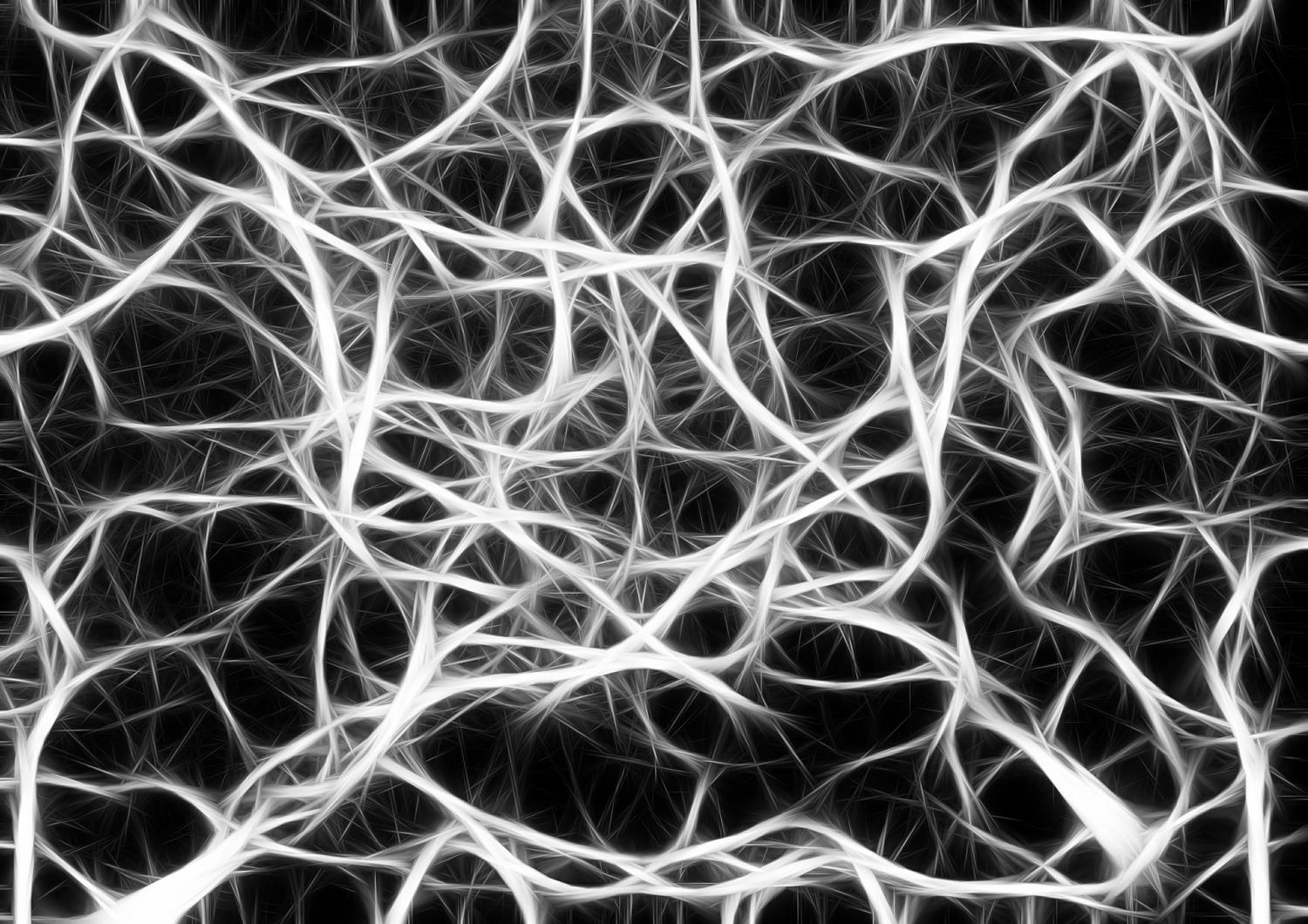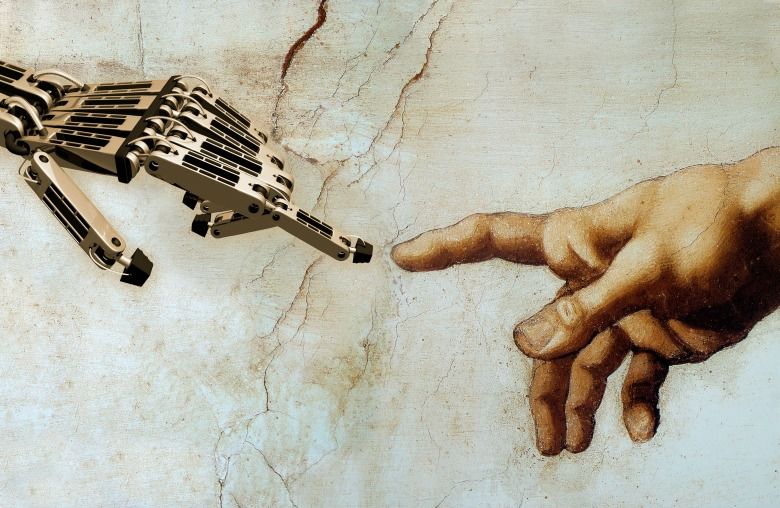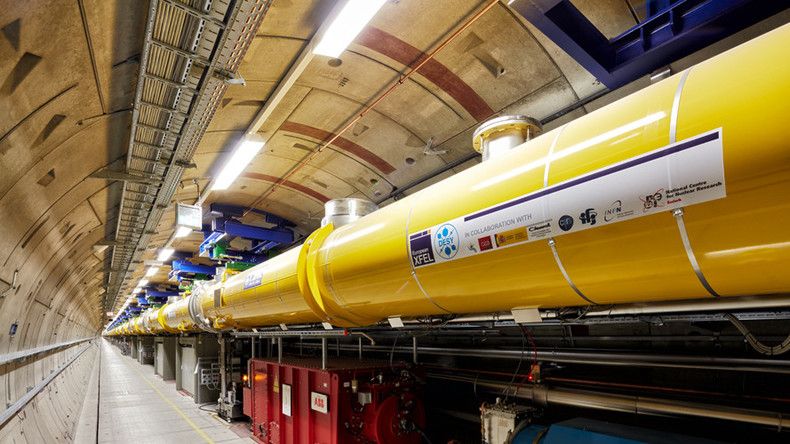Page 9712
Sep 4, 2017
Two-thirds of Americans approve of editing human DNA to treat disease
Posted by Carse Peel in categories: bioengineering, biotech/medical
About two-thirds of Americans support the use of gene editing to treat diseases, according to a new survey. But opinions vary a lot based on people’s religious beliefs and how much they know about gene editing in general.
The research, published earlier this month in Science, shows that across the board, people want to be involved in a public discussion about editing the human genome. And that conversation with scientists and public officials needs to happen now, as the technology is still developing, says study co-author Dietram Scheufele, a science communication scholar at the University of Wisconsin-Madison. The results are based on a survey of 1,600 US adults conducted in December 2016 and January 2017.
Sep 4, 2017
How Humans Will Finally Reach Interstellar Space
Posted by Carse Peel in category: space travel
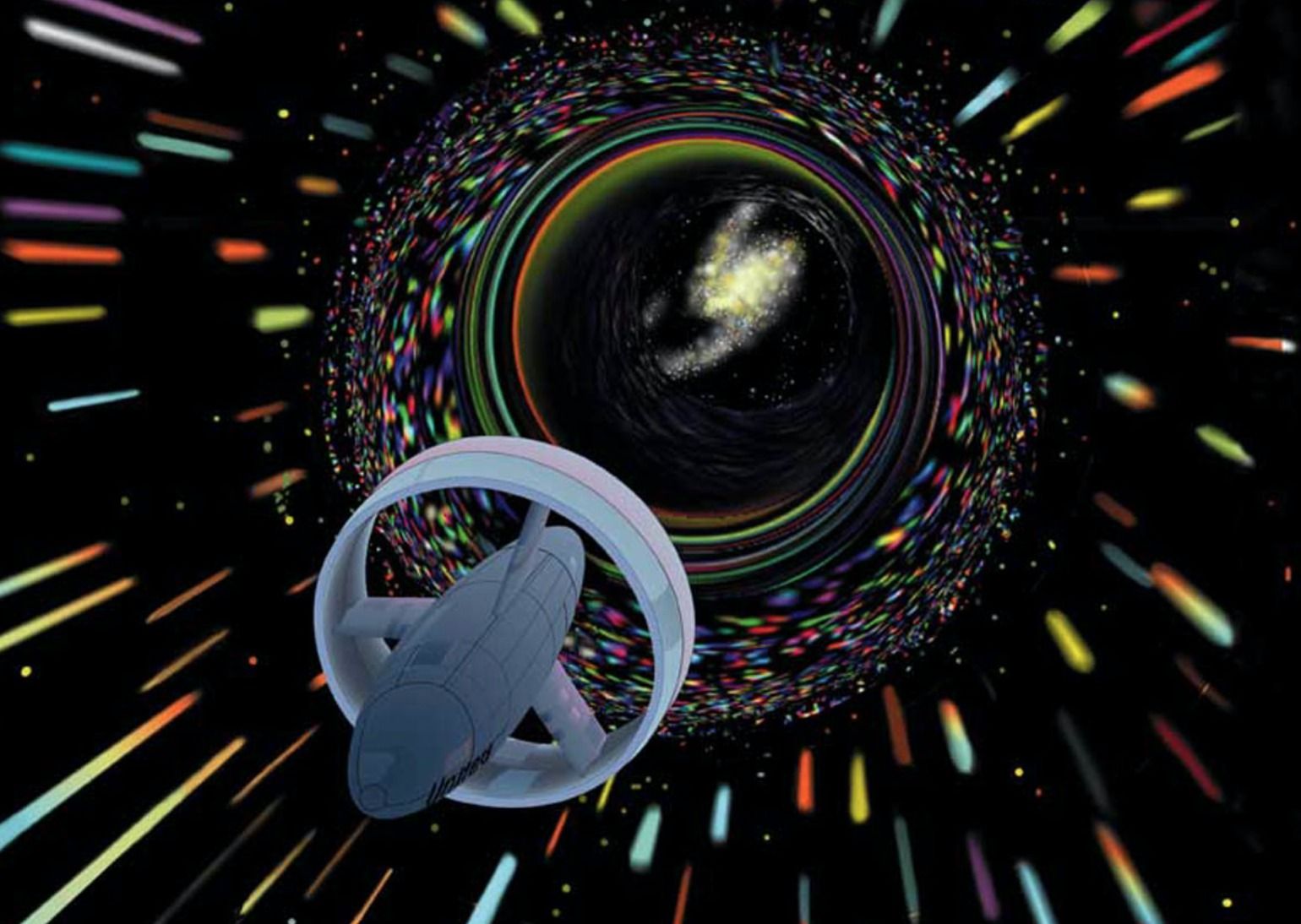 Four decades ago, Voyager 1 and 2 began their journey to the stars. When will humans follow them?
Four decades ago, Voyager 1 and 2 began their journey to the stars. When will humans follow them?
Editor’s note: This is a companion piece to the science fiction short “Dark was the night, and cold the ground,” published Thursday in Terraform.
As the summer of 1977 drew to a close, twin siblings bid farewell to Earth to explore the ultimate frontier. They wrote back often, and sent lots of beautiful postcards, so that everyone at home could keep up with their adventures. Each of them carried an identical golden time capsule, filled with the sights and sounds of the world they left behind, so they could act as ambassadors to any other lifeforms they might encounter on their endless journey.
Continue reading “How Humans Will Finally Reach Interstellar Space” »
Sep 4, 2017
Russia, China to Join Together in Space Exploration Effort
Posted by Carse Peel in categories: robotics/AI, satellites, space travel
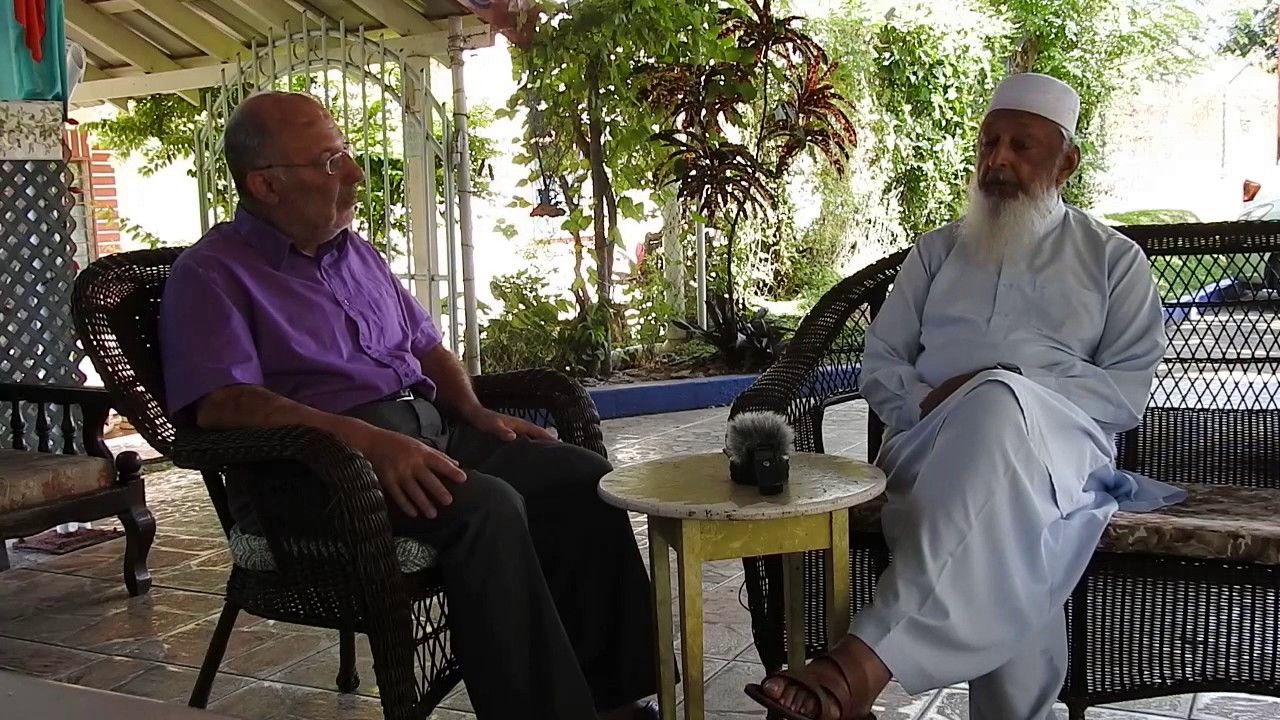
https://youtube.com/watch?v=a3QXjbdE9Tw
China and Russia are set to sign a milestone agreement in October on joint space exploration from 2018 to 2022, sending manned missions to the Moon for the first time. The bilateral agreement will cover five areas including lunar and deep space exploration, developing special materials, collaboration in the area of satellite systems, Earth remote sensing, and space debris research. This is the first bilateral agreement to cover a partnership spanning five years. It is to be signed against the background of space exploration race the US is trying to win, so the two partners decided to join the efforts. In February, the Trump administration asked NASA to look into the possibility of manning a heavy-lift rocket mission, expected to be launched in 2018, setting the stage for a human return to the Moon.
Russia’s Glavkosmos space launch operator is also working with Chinese partners on joint experiments aboard the International Space Station (ISS). China was interested in buying the world’s most powerful Russian-made RD rocket engines produced by Energomash while Russian Space Systems showed interest in Chinese electronic technology.
Continue reading “Russia, China to Join Together in Space Exploration Effort” »
Sep 4, 2017
Entanglement is an inevitable feature of reality
Posted by Carse Peel in category: quantum physics
(Phys.org)—Is entanglement really necessary for describing the physical world, or is it possible to have some post-quantum theory without entanglement?
In a new study, physicists have mathematically proved that any theory that has a classical limit—meaning that it can describe our observations of the classical world by recovering classical theory under certain conditions—must contain entanglement. So despite the fact that entanglement goes against classical intuition, entanglement must be an inevitable feature of not only quantum theory but also any non-classical theory, even those that are yet to be developed.
The physicists, Jonathan G. Richens at Imperial College London and University College London, John H. Selby at Imperial College London and the University of Oxford, and Sabri W. Al-Safi at Nottingham Trent University, have published a paper establishing entanglement as a necessary feature of any non-classical theory in a recent issue of Physical Review Letters.
Continue reading “Entanglement is an inevitable feature of reality” »
Sep 4, 2017
Should we be looking for space aliens a bit closer to home?
Posted by Carse Peel in category: alien life
Astronomers believe it’s possible that advanced beings lived in or visited our solar system eons ago — and perhaps left behind certain ‘technosignatures.’
Sep 4, 2017
As Artificial Intelligence Advances, What Are its Religious Implications?
Posted by Carse Peel in categories: ethics, robotics/AI
(Getty/Science Source/Mike Agliolo)
T he concept of artificial intelligence has been fuel for science fiction since at least 1920, when the Czech writer Karel Čapek published R.U.R., his play about a mutiny led by a throng of robots. Speculation about the future of intelligent machines has run rampant in the intervening decades but recently has taken a more critical turn. Artificial intelligence (AI) is no longer imaginary, and the implications of its future development are far-reaching. As computer scientists confirm their intent to push the limits of AI capabilities, religious communities and thinkers are also debating how far AI should go—and what should happen as it becomes part of the fabric of everyday life.
“Scientists want to be at the cutting edge of research, and they want the contribution to knowledge,” says Brendan Sweetman, chair of philosophy at Rockhurst University. “But at the same time, a lot of what they do raises moral questions.”
Continue reading “As Artificial Intelligence Advances, What Are its Religious Implications?” »
Sep 4, 2017
World’s biggest X-ray laser launched near Hamburg
Posted by Carse Peel in category: futurism
A series of laser beams crisscrossed the skies over Hamburg to mark the launch of the world’s biggest x-ray laser, co-financed by Russia. The device is able to photograph objects at an atomic level and is set to “transcend” current scientific boundaries.
Since Monday night, 10 green laser beams have lit up the sky from Hamburg to the nearby town of Schenefeld, while the words “Welcome European XFEL” projected onto a warehouse next to Hamburg’s new concert hall, the Elbphilharmonie.
The elaborate light display, which could be seen from 24 kilometers away, marked the underground path of the world’s biggest X-ray laser, the European XFEL, which became operational on Friday.
Sep 4, 2017
Forget Wall Street – Silicon Valley is the new political power in Washington
Posted by Klaus Baldauf in category: finance
It used to be banks, but now it is tech giants that dominate the US lobbying industry. Can money buy them what they want: less competition, less tax … and more data?
By Olivia Solon in San Francisco and Sabrina Siddiqui in Washington
Sep 4, 2017
Leasing out federal land could provide free money for all Americans
Posted by Zoltan Istvan in categories: business, economics, government
Here’s a people-friendly/business-friendly plan to replace Labor Day with Basic Income Day in America. Your half million dollars is waiting and yours! http://www.businessinsider.com/basic-income-with-federal-lan…2017-7 #FederalLandDividend
Futurist and 2018 libertarian candidate for California governor Zoltan Istvan outlines his plan to give everyone a government kickback from untapped land.


